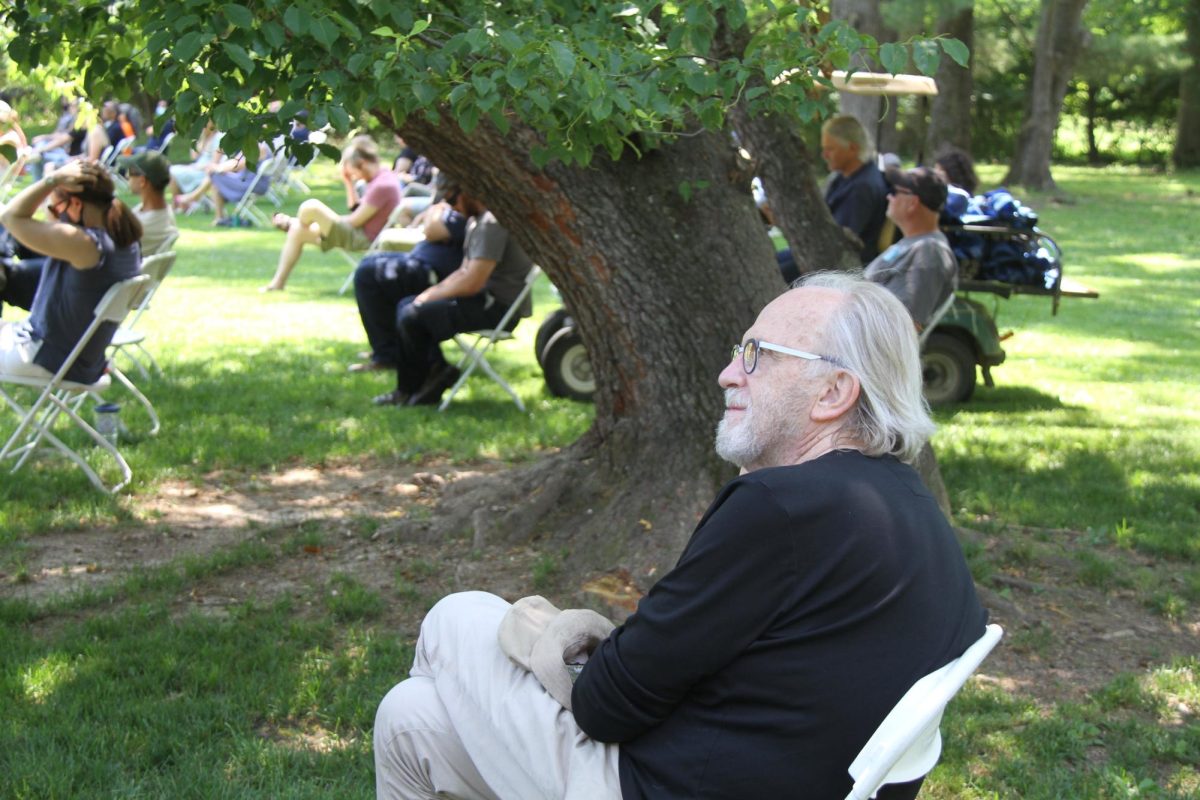Try It: Vegan for a Week
April 23, 2018
Recently, diets are focusing on healthy lifestyle choices rather than just calorie counting. One of the biggest trends in eating healthy is veganism. Veganism is defined as a way of living that rejects all forms of animal desecration and cruelty, be it for food, clothing, or any other purpose. Vegans choose to avoid consuming any animal products for health benefits and or ethical or environmental concerns for animals. There are also several disease-preventing health benefits to being vegan, some of which include a lower risk of heart disease, high blood pressure, Type 2 Diabetes, and some forms of cancer.
In my experience, being vegan takes a lot of hard work and determination – even just for a week. Defining and limiting what you can and cannot eat is one of the most important parts of going vegan. Vegans consume a large quantity of energy-providing vegetables, fruits, grains, and beans, many of which are significant sources of protein as well; these lead to an increase in energy for plant-based eaters. As for foods they avoid, in addition to not consuming red meat, chicken, and fish, vegans do not eat dairy or other animal products, such as eggs, butter, and milk. Common vegan substitutes for milk include almond milk and coconut milk, while coconut oil can be used to replace butter. Since vegans do not eat meat, their bodies do not have to use as much energy to digest food. Even though it is difficult to eat a solely plant-based diet, it is, in fact, doable.
Since I was already eating a vegetarian diet, eating a vegan diet for one week was a little more comfortable for me. I was used to cutting out meat from my diet, but omitting dairy and eggs was more difficult. During the week, the majority of my meals consisted of vegetables, whole grains, pastas, and salads. For breakfast, I would have a slice of toast with peanut butter and banana or avocado. For lunch, I would eat a salad or drink a smoothie with almond milk, and dinner would consist of pasta with vegetables, vegetable soup, or vegetable stir fry with rice and beans. The most important part for me was trying to eat enough to feel satisfied while also consuming a variety of foods to keep my diet interesting. In general, I had to eat more frequently between meals, snacking on healthy foods such as veggies and hummus, acai bowls, or chips and guacamole.
Before I tried this diet, I looked at my vegan cousins and thought that it was an impossible task to complete. I have always loved eating meat and cheese, so this was an entirely new experience for me. In the future, I would love to live a vegan lifestyle, but it is very difficult to manage. There were times when I wanted to forget about staying vegan and simply revert to my old habits, but I was luckily able to stay strong for a week. In addition, throughout the week, I felt as though I had more energy during the day. This was very positive, since school is a constant source of exhaustion for me.
The entire process was fascinating and enlightening. At some point in the future, I will most likely try a vegan diet again but preferably over the summer when life is not as crazy. Even though I am no longer a vegan, I now eat closer to the guidelines of veganism than I did before. For example, I am more aware of the number of dairy products that I consume, and I no longer drink regular milk but have instead switched to almond milk. This is just a small step, but it will ultimately lead to a healthier lifestyle.
Veganism is definitely a trend that I recommend people try. It does take a lot of hard work and dedication, but if you are willing to put in the time and effort, then you should have no problem trying this!





